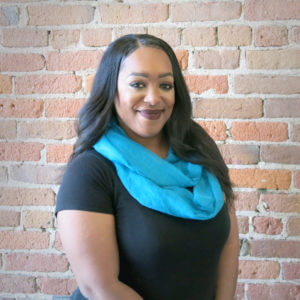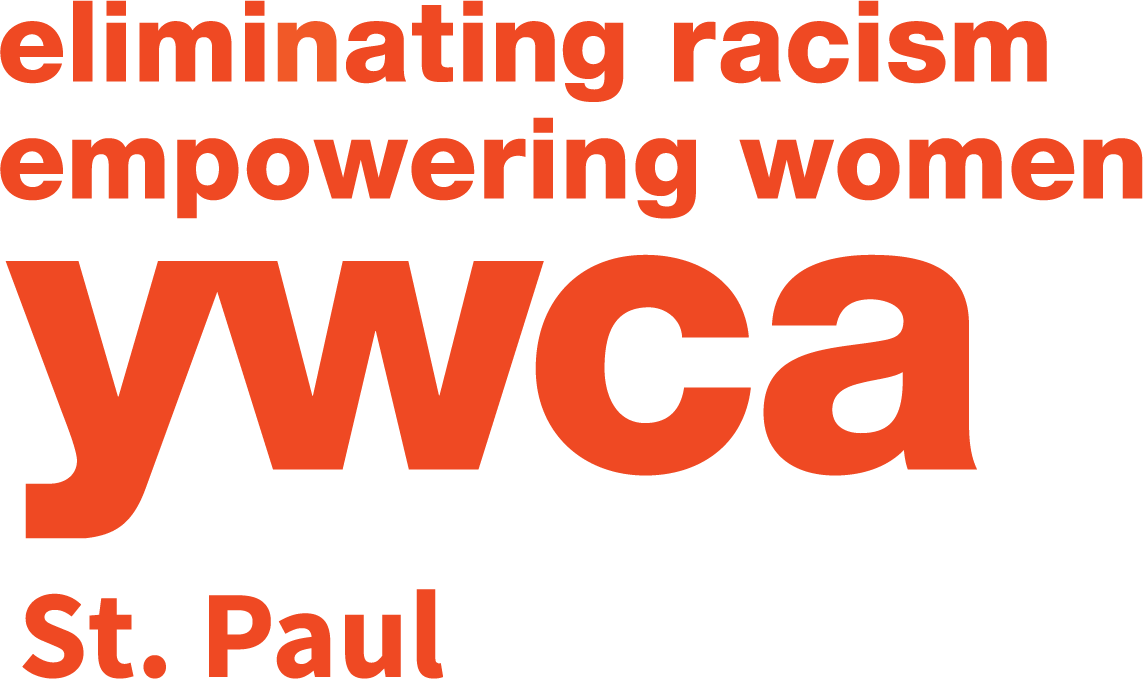Listen to YWCA St. Paul’s Director of Housing and Public Policy Nikki Beasley discuss the realities of gender-based violence, and its impact on the community in YWCA St. Paul’s feature podcast for a Week Without Violence.
You can also find this episode on your favorite listening app like Apple Podcasts, Google Podcasts, Pocket Casts, Spotify and Stitcher.
Visit the Week Without Violence page to learn more about this week and ways to get involved.
Show Notes
Susceptibility of Young People
When young people leave home, whether they leave on their own or are kicked out, they are highly susceptible to trafficking. They are often approached within 24-36 hours by someone who plans to use the young person in unsafe ways. People who are looking to exploit youth, target the most vulnerable.
Gender-based Violence Isn’t Always Physical.
Abuse can be physical, and it can also be:
- Emotional
- Verbal
- Financial
- Exploitation
Intimate partner violence can happen in relationships that appear loving to the outside but are actually based on possessiveness, constant supervision or other controlling behaviors. For the person being abused in this situation, it can feel like normal life with an undercurrent of constantly “doing something wrong”. It can be easy to fall into the trap of thinking that’s love.
Financial Abuse
Financial abuse creates an unequal partnership where one partner is totally dependent on the other for financial support. It can look like:
- Preventing a partner from working outside the home to earn money independently
- All income goes into an account that one partner does not have access to
- Being given an allowance
- Controlling how allowance is spent
- Controlling who is on the lease, mortgage or credit cards
YW’s Housing Program
YWCA St. Paul has a history of providing housing for women and children. Currently, we have two housing programs. When families are homeless, they undergo an assessment with the county. Next, families are referred to YWCA St. Paul or another agency. If it is a good fit for the family’s goals and we have the availability, families are placed with us. Families need shelter for many reasons and sometimes it’s to escape domestic violence. Typically, families are with our housing program for 18 – 24 months while they locate to a place of stability. While families are with YWCA St. Paul, they are housed, so they can work with case managers on other goals to obtain long-term stability.
Reconnection
Even when a partner leaves an unsafe situation, sometimes reconnection occurs. For example, shared custody of a child makes it hard to separate. On average, it takes seven attempts to leave an unsafe situation.
What ingredients make a healthy relationship?
The first thing I always say—and I was taught this from the women in my life—is to listen to your gut. That isn’t something that you can be taught, but you can be encouraged to listen to your intuition. That isn’t telling you wrong. Being able to listen to your intuition can be empowering and lifesaving.
In a healthy relationship, the other person makes you feel safe to share the good things and the bad things. That you’re safe physically, emotionally and spiritually. It’s safe to make mistakes. And, that’s in all relationships in your familial and social circles, not just intimate romantic relationships.
What Are Some Red Flags?
If there’s a pattern of behavior. We know that patterns of behavior are indicators of future behavior. If someone has a meltdown one time over something that seems insignificant, that’s one thing. If it’s happening more than once and it’s showing up in other areas at the same time, pay attention to that pattern of behavior.
LGBTQ+ Relationships
Intimate-partner violence occurs in the same rates in same-sex partnerships as it does in heterosexual partnerships.
Abuse Goes Beyond Intimate Partners
People assume that domestic abuse always happens in the home or with an intimate partner. But abuse can happen parent-child, sibling-sibling, between roommates or friends. In these relationships, it’s still important to watch for a pattern of behavior.
How To Help A Friend Or Loved One
This is such a hard situation. You have to keep yourself safe. Often, intervening can be dangerous. If you’re doing that, you can:
- Be available, listen
- Help your friend seek resources or support
- Point out red flag behaviors and help people identify it for themselves
- Reverse the tables by asking, “what would you tell me if I were in this scenario?”
About Nikki Beasley
 As Director of Housing and Public Policy, Nikki Beasley provides leadership for YWCA St. Paul’s Housing and Support Services programs and clinical oversight to all programs staff. She monitors program performance, including racial justice-gender equity-cultural understanding, provides best practice approaches training for staff and their application within programs, and builds external partnerships and community engagement.
As Director of Housing and Public Policy, Nikki Beasley provides leadership for YWCA St. Paul’s Housing and Support Services programs and clinical oversight to all programs staff. She monitors program performance, including racial justice-gender equity-cultural understanding, provides best practice approaches training for staff and their application within programs, and builds external partnerships and community engagement.
Nikki has more than 20 years of leadership experience in providing therapeutic services to individuals, youth and families experiencing crisis, domestic violence, homelessness and sex trafficking. She holds an M.A. in Counseling and Psychotherapy from the Adler Graduate School and a B.A. in Psychology from Concordia University.
About Your Host Dana Beasley
 Dana Beasley (no relation to Nikki) podcast host, is a writer, podcaster and thought partner who specializes in issues of equity in the workplace. She’s an alumni of the Mitchell Hamline School of Law and has partnered with YWCA St. Paul to help further its mission of eliminating racism and empowering women and girls.
Dana Beasley (no relation to Nikki) podcast host, is a writer, podcaster and thought partner who specializes in issues of equity in the workplace. She’s an alumni of the Mitchell Hamline School of Law and has partnered with YWCA St. Paul to help further its mission of eliminating racism and empowering women and girls.
Contact Dana at danabeasley.org.
